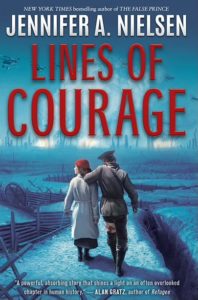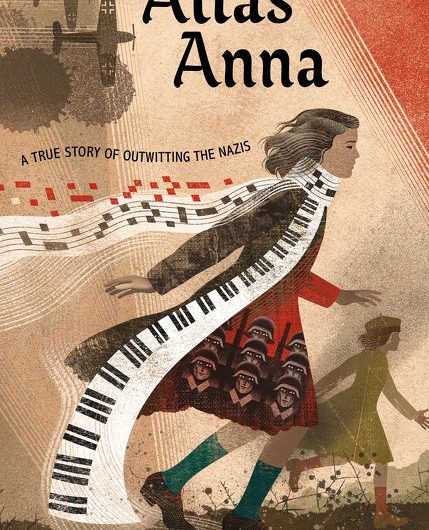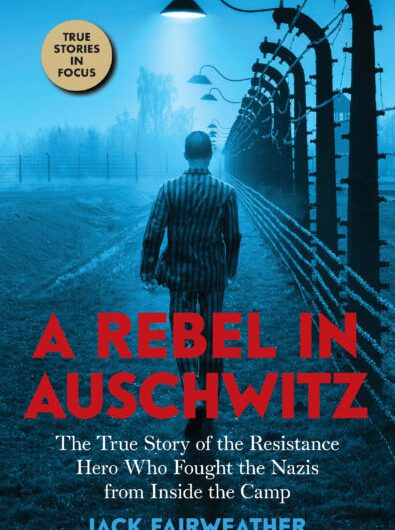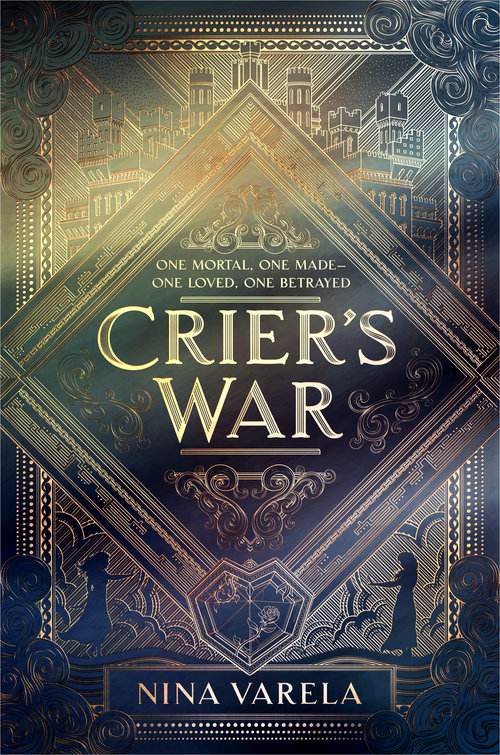Heroes by Alan Gratz
Set in Oahu, Hawaii, in 1941, Heroes by Alan Gratz is a novel about the attack on Pearl Harbor. Two thirteen-year-old boys: Stanley Summer and Frank McCoy, whose fathers are pilots for the U.S. Navy, bond over their love of comic books. The two see the fleet of ships on Battleship Row as a metaphor for superheroes: the Justice Society of America. Frank is a writer and Stanley an illustrator. Together, they invent characters, write their origin stories, and draw them into situations where they emerge as heroes. However, Frank feels a bit like a fraud. Ever since The Incident in Florida, their last militaryRead More →









